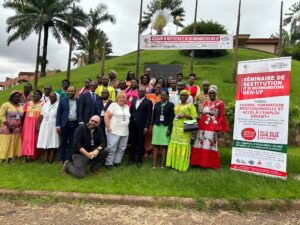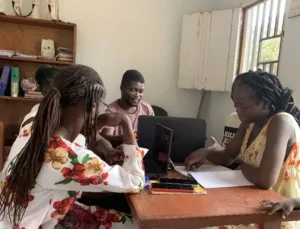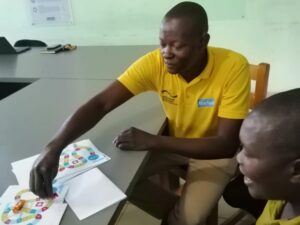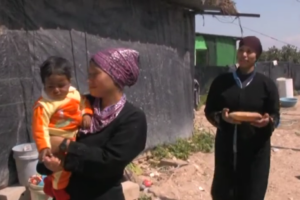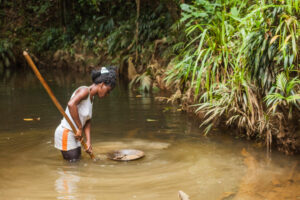CERAR

Valuing local knowledge to enhance resilience
Innovative tools to bring local actors
at the center of their ambitions
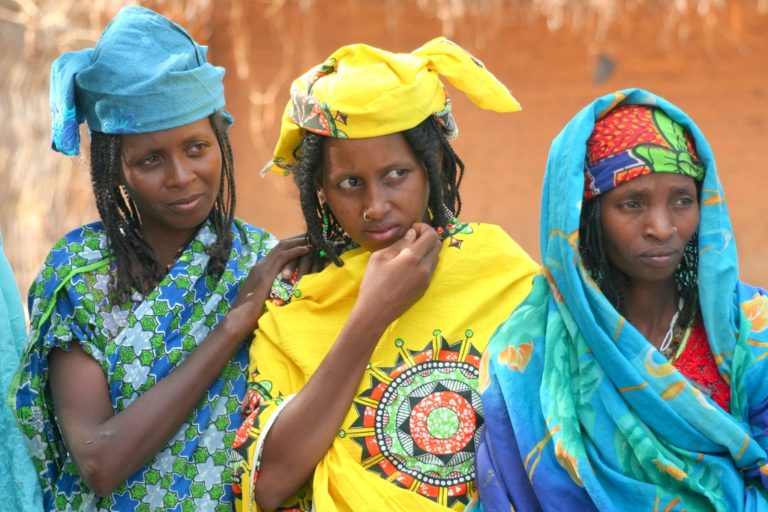
NEWS
GEN-UP UPSKILLING
FOR FUTURE GENERATIONS
"gender, vocational training
and access to decent employment"
Closing and restitution workshop
Yaoundé - June 21-22, 2023
.
NGANGU - phase 2 (2023)
"developping technical datasheets
to make more understandable their procedures manual."
JFDDH working session
Bangui (CAR) - December 2023
.
"Improve the quality of partnerships
between local and international organizations"
mid-term workshop
Bangui (RCA) - Oct 30-Nov 15, 2023
.
WHO WE ARE
CERAR, Centre d’Etude et de Recherche-Action sur la Résilience, brings together an international and multidisciplinary team of experts in action-research on community mobilization, as well as support and capacity building for local organizations and their partners.
Find out moreWHAT WE DO
CERAR brings local voices and knowledge at the center of its initiatives. It contributes to the debates, the development and the implementation of current themes such as localization and cultural sensitivity to move together the lines towards a new paradigm to deal with crises and to strengthen resilience.
Find out moreTowards
transformative resilience
transformative resilience
CERAR promotes and strengthens transformative resilience by enhancing capacity of choices,
initiatives and mobilization of local groups and associations.
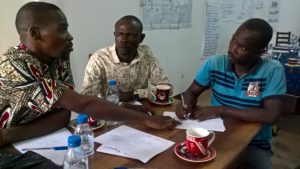
Towards innovative proximity mentorship
CERAR moves away from the “plug and play” methods
and mentors local teams in the everyday implementation of their learnings.
Towards a paradigm shift in localization
CERAR considers each local organization as a source of unique and complementary experiences and knowledge, essential for building resilience
WE CAN SUPPORT YOU
CERAR has organized several trainings and local support programs for humanitarian and development organizations. We can support you and your organization in your operations, your interventions and the application of your learning on a daily basis.
Contact us to arrange a meeting and find out more.
Contact us
For CERAR, localization is not just wishful thinking but an operational and ethical choice made on a daily basis through concrete actions based on ‘the small change theory’. To achieve localization in humanitarian action and co-leadership between local and international organizations, a few simple principles can help.
Individuals, groups or communities have the possibility to go beyond survival,
by mobilizing their capacity of choices to develop positively – even in difficult living
conditions – in a way that corresponds to their values and environments.
Sometimes local organizations feel or experience that they are not being heard
or appreciated. It is then very important to know how to introduce your organization.
The following questions can help you generate interest in your projects
and your organization among your partners.
